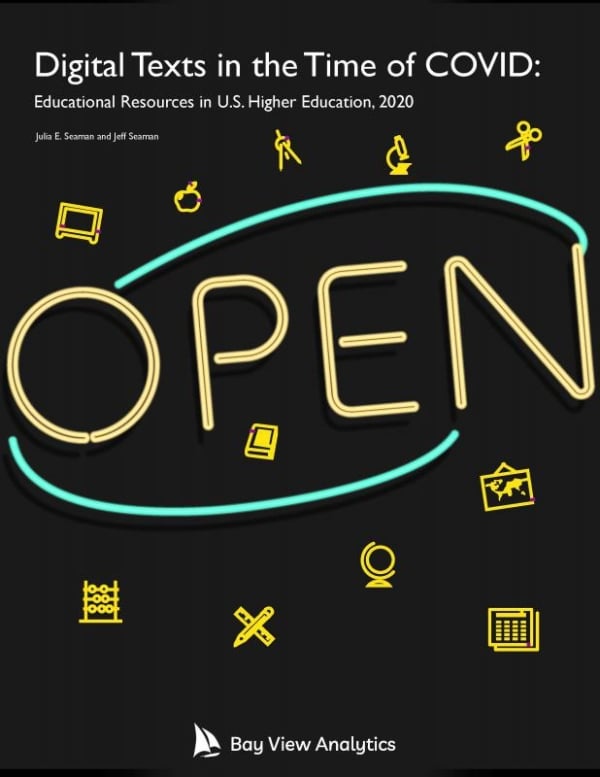 |
Find Us: https://iu.libguides.com/librarians |
 |
Call Us: 317-274-0469 |
 |
Text Us: 317-279-6630 |
 |
Email Us: Service & Information Desk |
 |
Follow Us: @IUILibrary |
 |
Like Us: IUI University Library |
 |
Follow Us: @IUILibrary |
 |
IM Us: Ask a Librarian |

This work is licensed under a Creative Commons Attribution 4.0 International License.

There is an internationally agreed on definition of 'open educational resources' supplied by UNESCO, the United Nations Educational, Scientific, and Cultural Organization, which states:
Open Educational Resources are learning, teaching, and research materials in any format and medium that reside in the public domain or are under copyright that have been released under an open license, that permit no-cost access, re-use, re-purpose, adaptation, and redistribution by others.
Open educational resources (OER) are freely accessible online teaching and learning materials. They can be videos, textbooks, quizzes, learning modules and more. This guide is intended to introduce you to Open Educational Resources to help you in the process of creating, adapting, or adopting them for your own use.
Open Educational Resources provide advantages to students, faculty, and the institution. Among them are these:
 Digital Texts in the Time of COVID
by
Julia E. Seaman; Jeff Seaman
Digital Texts in the Time of COVID
by
Julia E. Seaman; Jeff Seaman
